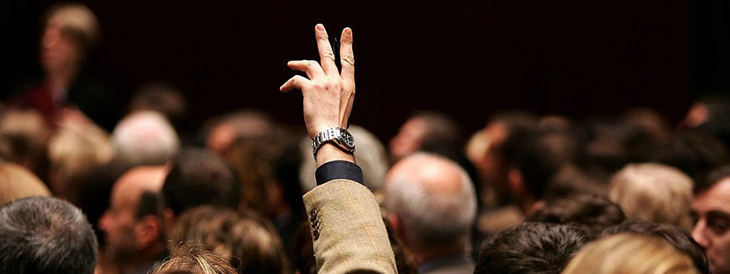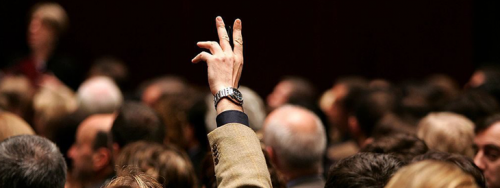Last updated on May 2nd, 2024 at 03:35 pm
Last Updated on May 2, 2024 Posted by Colonial Acres Coins
When you have coins for sale, there are a number of ways you can try to get top dollar for them. Many professional coin dealers consign coins to auction houses because they aren’t having any luck trying to sell the coins privately. To solve this problem, they want to expose the coin to the largest audience possible. Alternatively, non-collectors sell them at auctions because they are not sure they are getting a fair price with a dealer. Lots of time and effort is spent trying to get the best possible prices and it’s much better to have a professional auctioneer do the work. Here’s what you should know before selling a coin at auction:
- How does an auction work?
- What kind of coins do well at auctions?
- What kind of coins do poorly at auctions?
- What to expect from an auction
- Are there any other ways to sell rare coins?
How Does an Auction Work?
For first-time sellers, auctions can be an intimidating process. Some people don’t like the idea of the coin being out of their possession. Other people are worried their coin will be sold for a cheap price. But not all coins are best sold at auctions. If you are sure you want yours to be sold at an auction, then work with professionals. Don’t think your local pawn shop means professionals, either. There are true professionals you can hire to run an auction. Professionals have clients worth millions of dollars that are ready to spend money on your coins.
What Kind of Coins do Well at Auctions?
If a coin hasn’t been in auction for the last 5+ years, there is an increased demand for it, which could prove to be very fruitful for you. Any top population coin will probably do well. Top population coin means the coin is highly graded by the ICCS, NGC or PCGS. That means that collectors with a lot of money to spend will have to compete with each other to get the coin. This is a recipe for success. Lastly, coins that are pretty to look at will sell great. Collectors like pretty coins and spend a lot of money on them.
What Kind of Coins do Poorly at Auctions?
Gold bullion coins are best sold privately and not at auction. This applies to generic coins as well. You will always get more selling them privately than with an auction. Also, coins worth less than $500 are best sold privately. An auction house needs to make at least $250 moving and promoting the coin to break even.
What to Expect From an Auction
Any dealer will tell you that it’s great to be able to sell your coin at an auction. Now, it’s important to not have unrealistic expectations about auctions. You have to know when to sell and when not to sell. One common misconception is an auction is a guaranteed way to sell your coin, which may not always be the case. A coin could be available through several different auction houses before it is finally sold. If your coin is moved around a lot, you will have to cover the costs. It may be months before you see a return investment. And even then, you will only be happy if you went with a good auction house.
Are There Any Other Ways to Sell Rare Coins?
Don’t think that auctioning coins is the only activity of coin auctioneers. Most of them actually do a huge amount of direct buying and selling business, and are in a great position to know the most serious numismatists in the world currently as a result. Auctioneers are typically the only people qualified to assess the value of your coin. Even if you don’t want to sell your coin at an auction, you should probably seek the opinion of an auctioneer before selling.
If You Like Coins, You Will Love Colonial Acres
Colonial Acres is a one-stop-shop for all your collecting needs. They have an experienced and professional staff consisting of numismatists available at your beck and call. Whether you have coins for sale, are looking to enrich your collection or you’re simply interested in learning more about particular coin pieces or their value, Colonial Acres is THE place to be. Visit Colonial Acres if you’re faced with any numismatics-related concerns.




